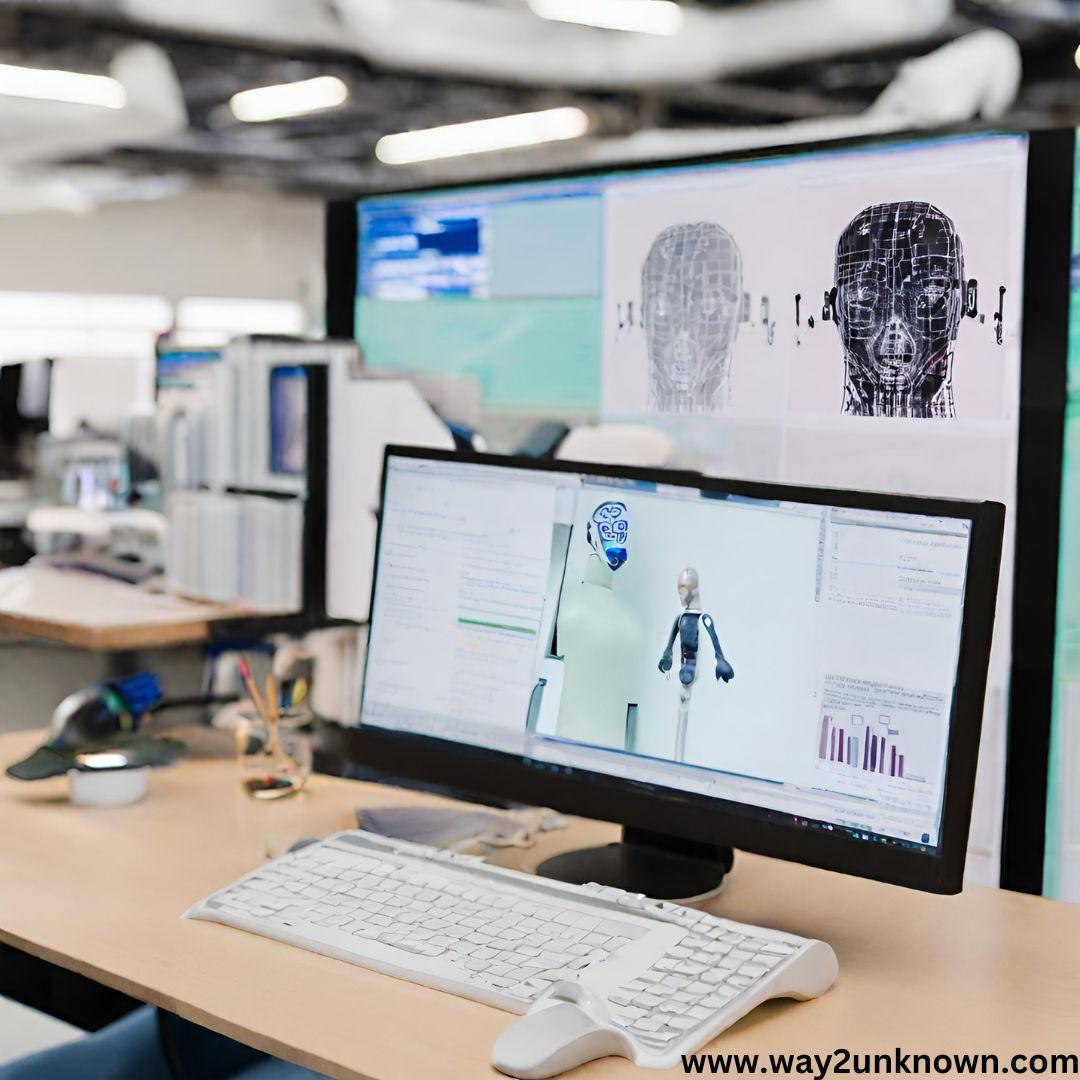AI in the Workplace: Opportunities, Challenges, and Best Practices

Artificial Intelligence (AI) is revolutionizing the modern workplace, presenting both unparalleled opportunities and significant challenges for businesses across industries. As AI technologies continue to advance at a rapid pace, organizations must strategically navigate this transformative landscape to maximize productivity, innovation, and efficiency while addressing potential pitfalls.
One of the most significant opportunities AI offers in the workplace is automation. AI-powered systems can streamline repetitive tasks, enhance decision-making processes, and optimize workflows, freeing up valuable time and resources for employees to focus on more strategic endeavors. Additionally, AI-driven insights derived from vast datasets enable organizations to make data-driven decisions, identify emerging trends, and personalize customer experiences, driving competitive advantage in today's fast-paced market.
However, integrating AI into the workplace also poses various challenges that demand careful consideration. Chief among these is the potential displacement of jobs due to automation. While AI can augment human capabilities, there is a legitimate concern that certain roles may become obsolete, requiring organizations to proactively reskill and upskill their workforce to adapt to evolving job requirements. Moreover, ensuring the ethical use of AI and safeguarding against bias in algorithmic decision-making processes are critical challenges that necessitate robust governance frameworks and transparency measures.
To harness the full potential of AI while mitigating its associated risks, organizations must adhere to best practices for AI implementation. This includes fostering a culture of continuous learning and innovation, promoting interdisciplinary collaboration between data scientists, engineers, and domain experts, and prioritizing transparency and accountability in AI systems. Additionally, investing in employee training programs and reskilling initiatives is paramount to equipping the workforce with the skills needed to thrive in an AI-driven future.
In conclusion, AI presents unparalleled opportunities for businesses to enhance productivity, innovation, and customer experiences in the workplace. However, navigating the complexities of AI implementation requires a strategic approach, proactive risk management, and a commitment to ethical and responsible AI practices. By embracing AI as a transformative force and implementing best practices, organizations can unlock the full potential of AI while ensuring a sustainable and inclusive future of work.